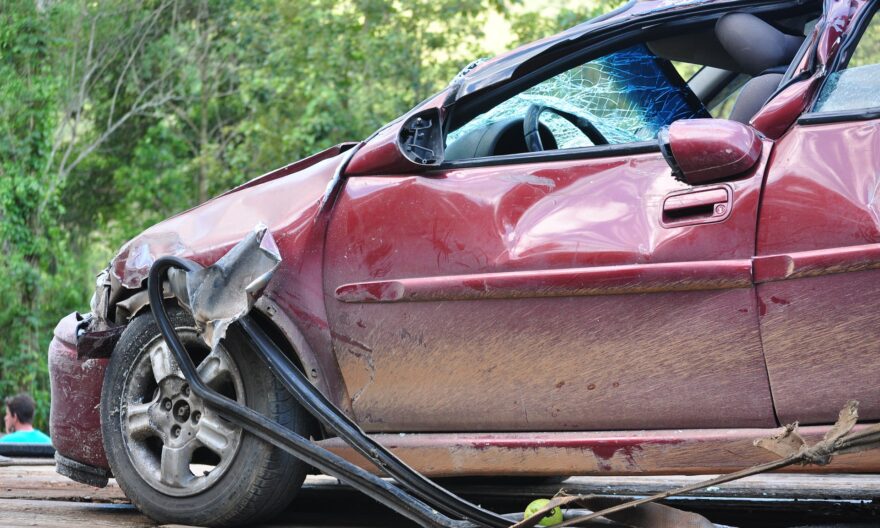
Is enough being done to prevent traffic-related injuries and deaths around the world? According to a new study, fatal accidents still pose a huge risk, especially to young people.
The study, which was conducted by researchers from the University of New South Wales, looked at the risks faced by young people from traffic collisions around the world.
It found that young people are still at a high risk of being involved in a traffic accident, and this comes with a high risk of serious injuries – in some cases, this can be fatal.
However, the experts point out that very little is being done to prevent these accidents. One researcher says, “We’ve seen a high increase in the absolute number of injury-related deaths and (disability-adjusted life years), specifically in low- and low-middle income countries. It indicates neglect for a growing population at risk of injury.”
How risky is driving for young people?
In the last few years, the number of traffic accidents has increased. A report from 2020 found that 42,060 people died on American highways last year, which is 8% higher than in 2019, despite predictions that the number of deaths would decline during the pandemic.
For young people, the figures are even higher. The researchers looked at data 2019 Global Burden of Disease Study, which included information on traffic-related injuries from over 200 countries throughout the last three decades.
They found that from 1999-2010, that figure was as high as 2.4% each year. The number of deaths fell by around 1.7% each year between 2010 and 2019, but this varied between countries and some higher-income countries saw a real decline in progress.
The researchers add that changes to policies could help prioritize young people to make the roads safer. For example, creating school zones, changing drink-driving laws, and adding extra restrictions for new drivers could bring down the number of fatalities.



